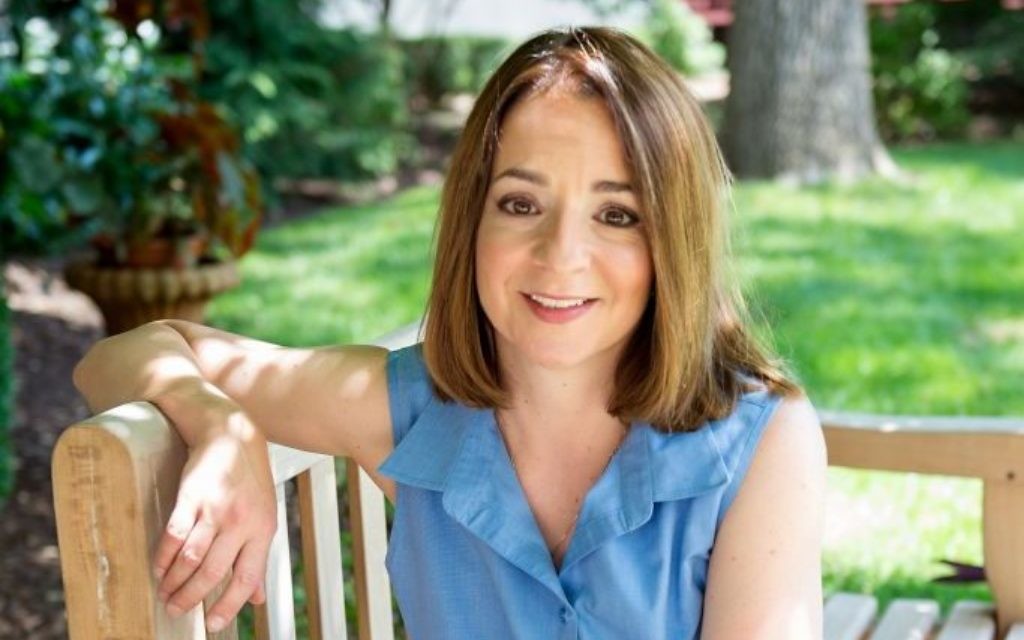Pam Jenoff deserves praise for delivering an original addition to Holocaust literature with “The Orphan’s Tale,” but her novel falls short of its potential.
Jenoff, who is speaking at the Book Festival of the Marcus Jewish Community Center on Nov. 13, tells the story of a German circus struggling to survive in World War II while serving as a refuge for several people sheltering from the Nazis. The two main characters are hiding in plain sight as trapeze artists.
Thanks to a pre-war marriage to an SS officer that took her to Berlin, Astrid is likely the last survivor of a Jewish circus family — a harsh discovery she makes when she goes home after her husband dumps her without warning in 1942. She’s a lifelong aerialist, so the head of a rival circus offers her a job, where she finds unlikely romance with a Russian clown.
Get The AJT Newsletter by email and never miss our top stories
Free Sign Up
Noa, a Dutch teenager thrown out by her parents after a German soldier gets her pregnant, winds up with the same circus at its winter quarters in Darmstadt more than a year later. She is carrying a Jewish newborn she rescued from a train car full of infants bound for death, and she is tossed into Astrid’s act.

The Orphan’s Tale
By Pam Jenoff
Mira, 368 pages, $15.99
Jenoff alternates between the viewpoints of Astrid and Noa to tell the tale. But the writer fails to give them distinct voices, instead achieving a generic, literary tone that rings false for both.
“I inhale the air, which is choked with the fetid smell of decay” is not the voice of an unwed, undereducated teen mom who recently worked as a cleaning woman in a train depot.
That failure of language is frustrating for two reasons: It turns a story with an interesting setup and a dramatic climax into a slog in the middle, and Jenoff, a literature professor with half a dozen novels to her credit, should know better.






comments